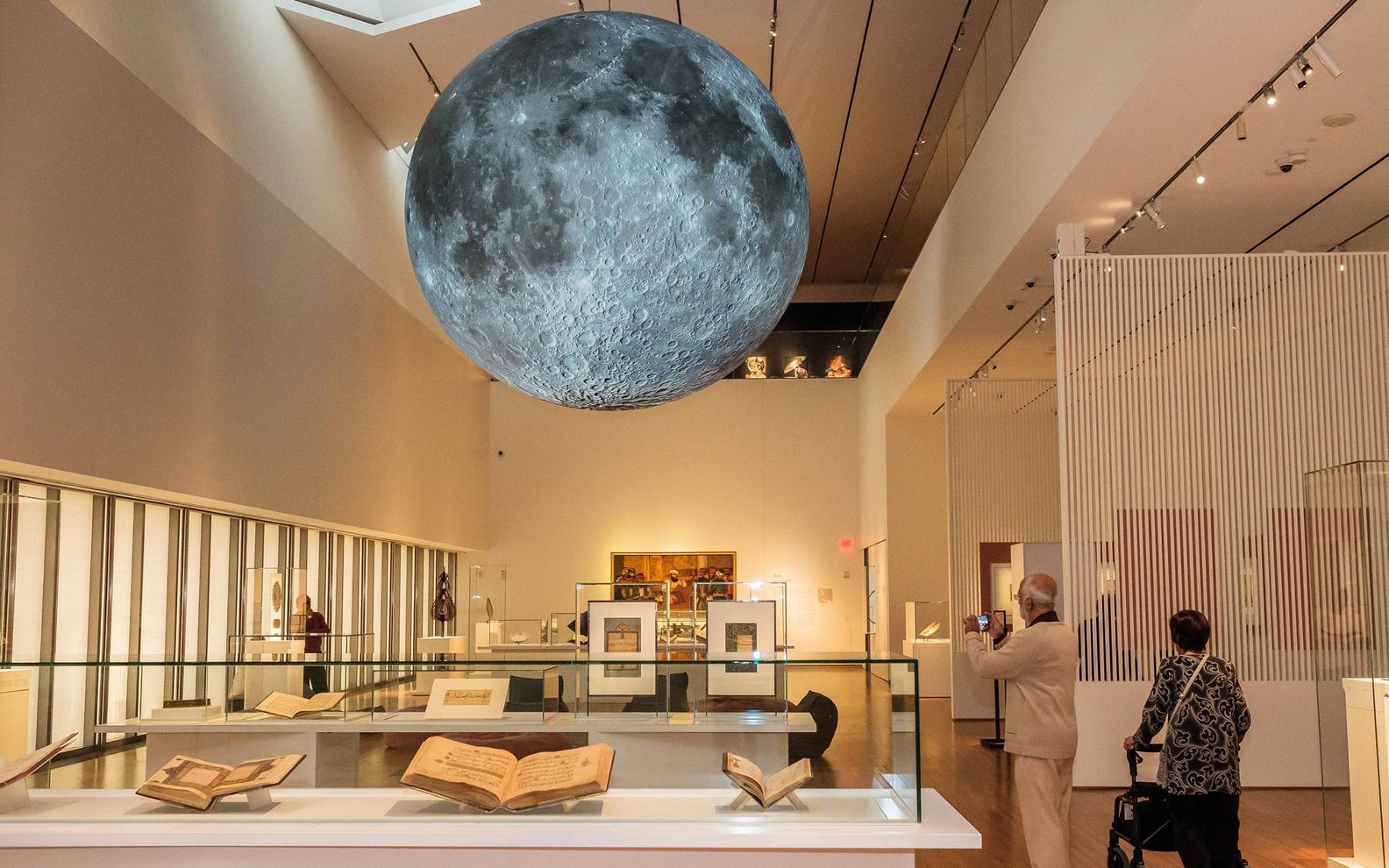
Past Exhibitions
Explore past exhibitions curated by the Museum, exhibitions by Museum partners, and contemporary installations by local and international artists.

In Search of the Artist: Signed Drawings and Paintings from the Aga Khan Museum Collection
In Search of the Artist: Signed Drawings and Paintings from the Aga Khan Museum Collection
These stellar works of art depict a wide range of themes with extraordinary delicacy
Sep 18, 2014 - Nov 16, 2014

The Garden of Ideas: Contemporary Art from Pakistan
The Garden of Ideas: Contemporary Art from Pakistan
Gardens have held many meanings
Sep 18, 2014 - Jan 18, 2015

The Lost Dhow: A Discovery from the Maritime Silk Route
The Lost Dhow: A Discovery from the Maritime Silk Route
Explore connections between two great powers, the Tang and Abbasid Empires
Dec 13, 2014 - Apr 26, 2015

Home Ground: Contemporary Art from The Barjeel Art Foundation
Home Ground: Contemporary Art from The Barjeel Art Foundation
12 Arab artists examine how private life is shaped by current political events
Jul 25, 2015 - Jan 03, 2016

Inspired by India: Paintings by Howard Hodgkin
Inspired by India: Paintings by Howard Hodgkin
Hodgkin’s signature style of highly physical, vibrantly coloured work
Feb 21, 2015 - Jun 21, 2015

Visions Of Mughal India: The Collection of Howard Hodgkin
Visions Of Mughal India: The Collection of Howard Hodgkin
Exquisite paintings produced in the Mughal court, the Deccani Sultanates, and the Rajput kingdoms
Feb 21, 2015 - Jun 21, 2015